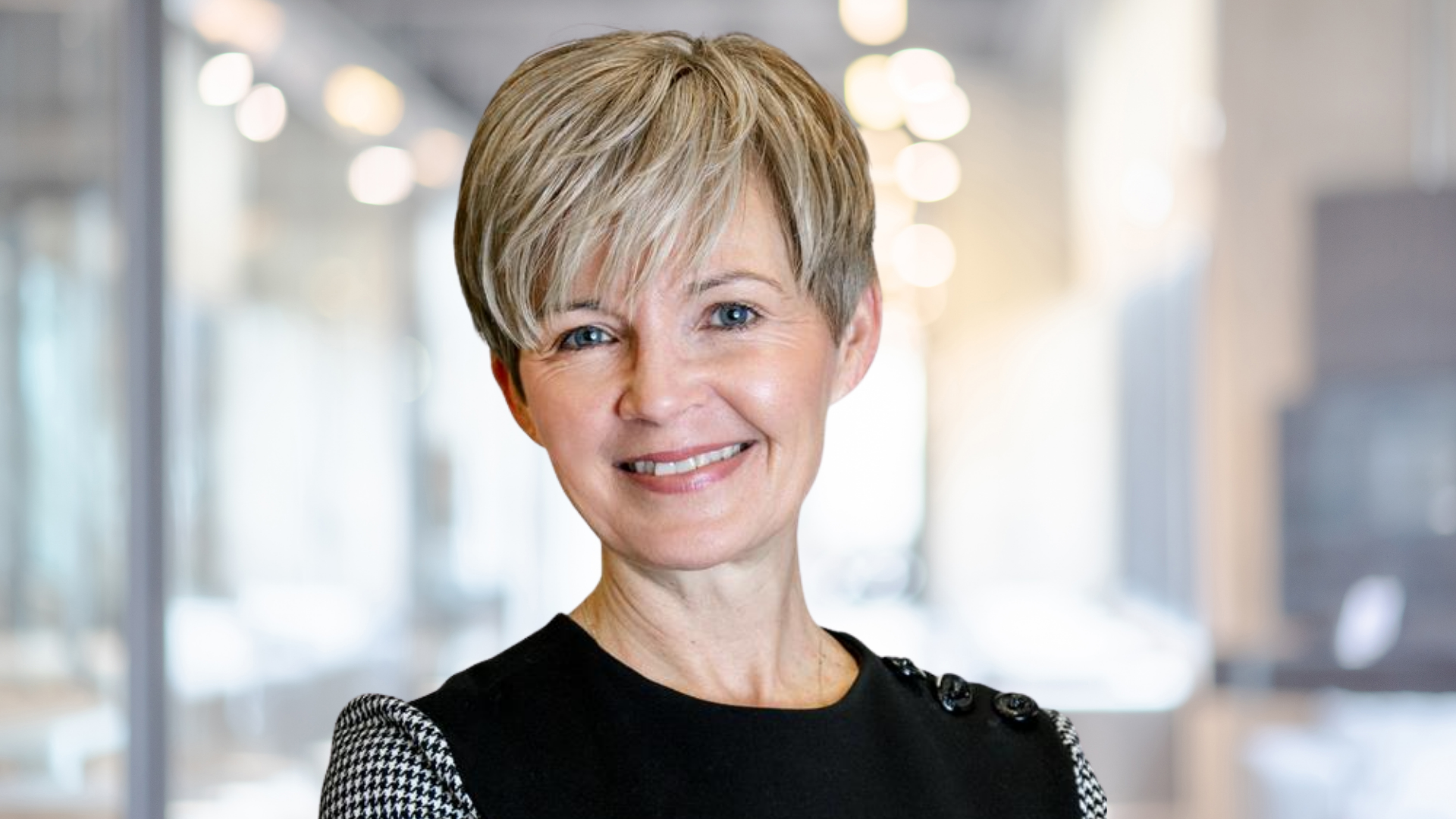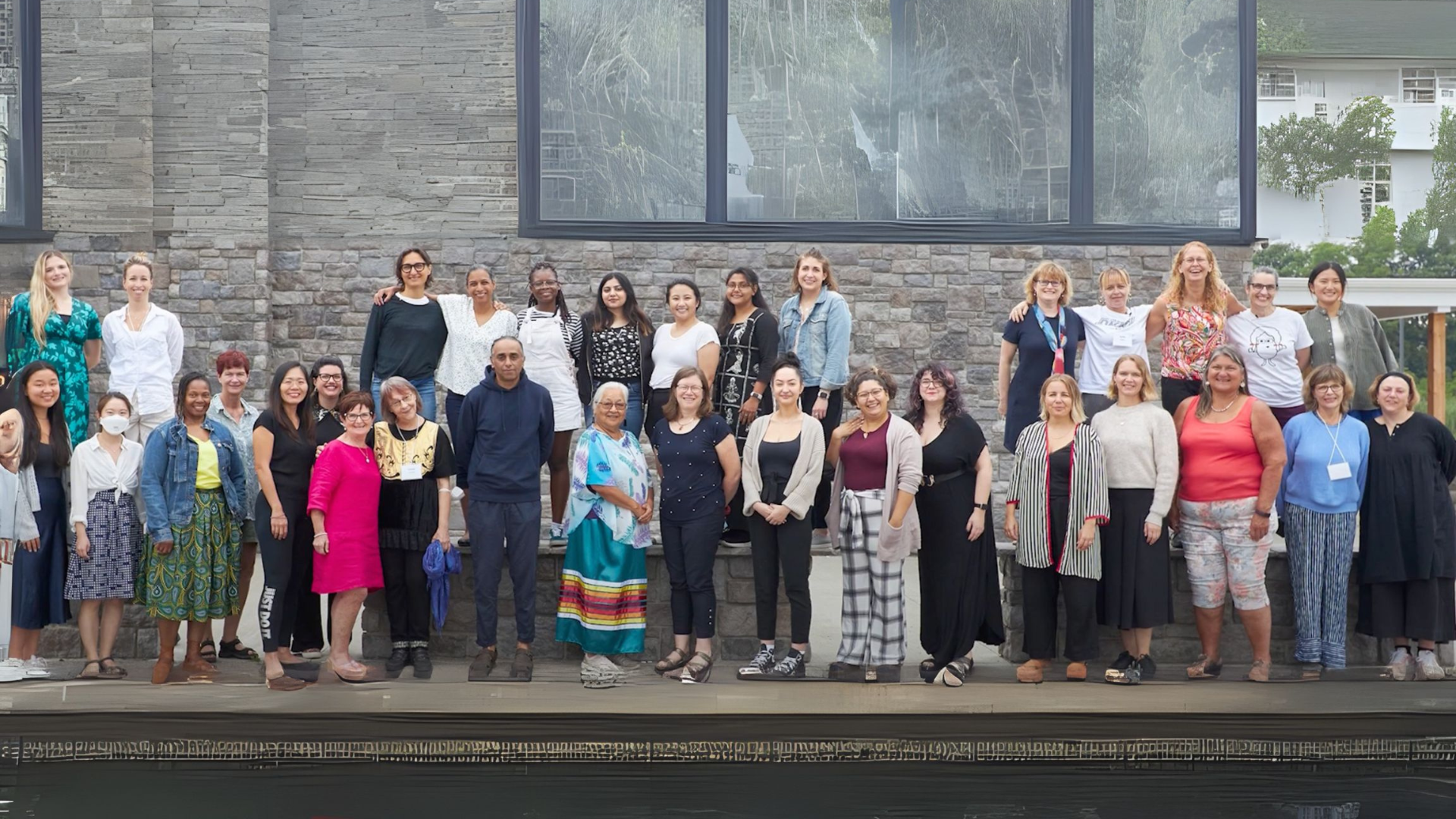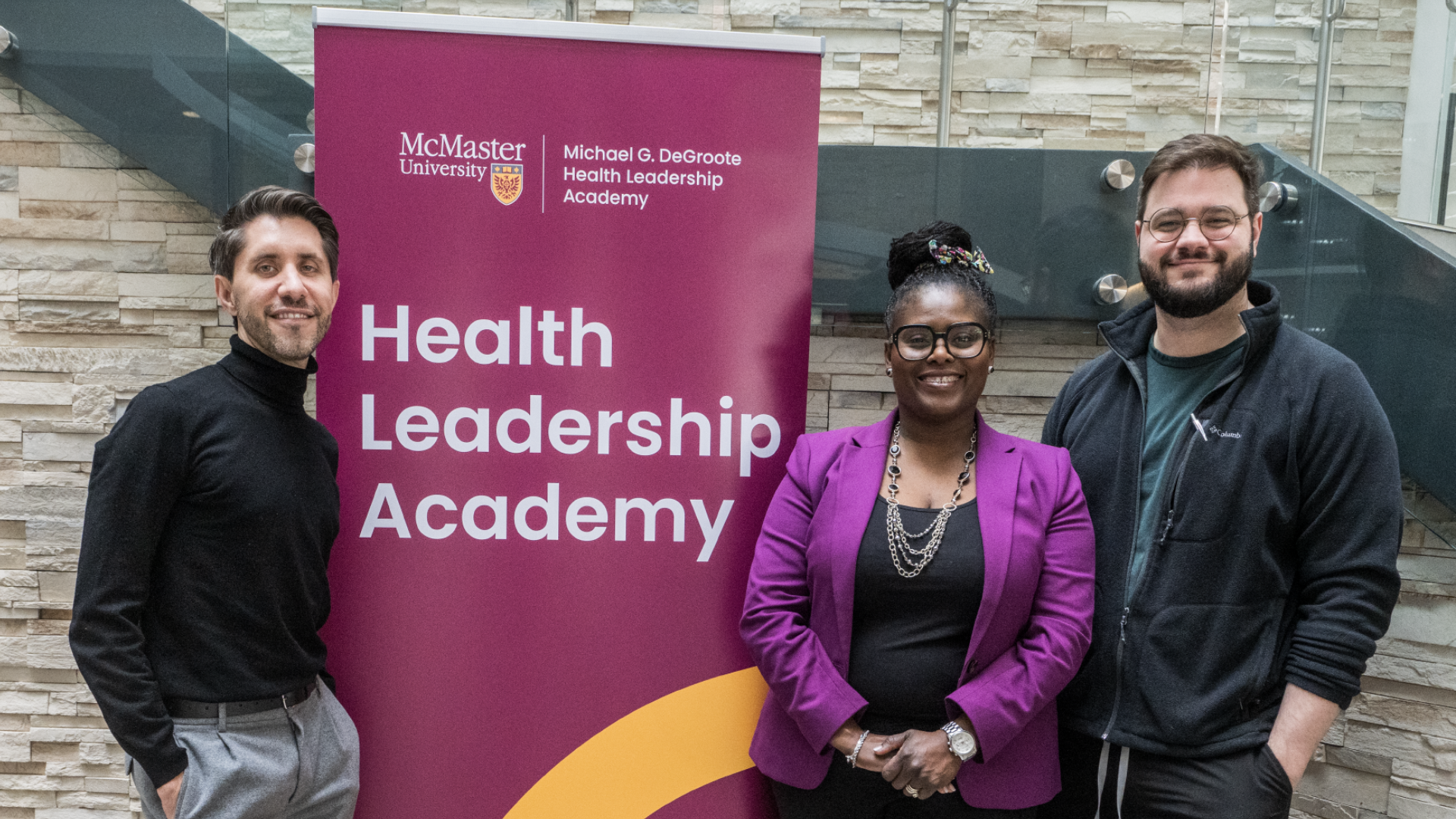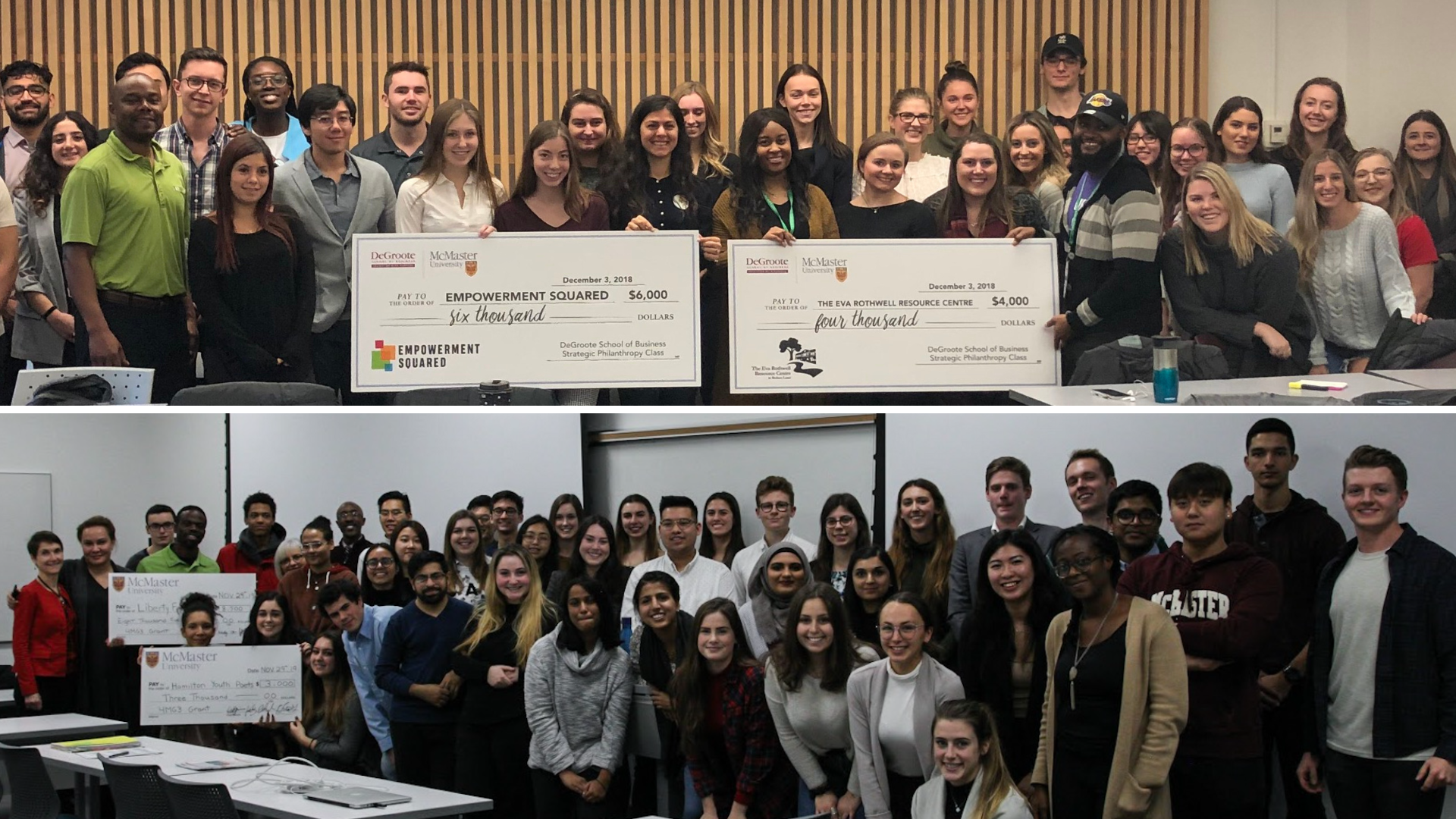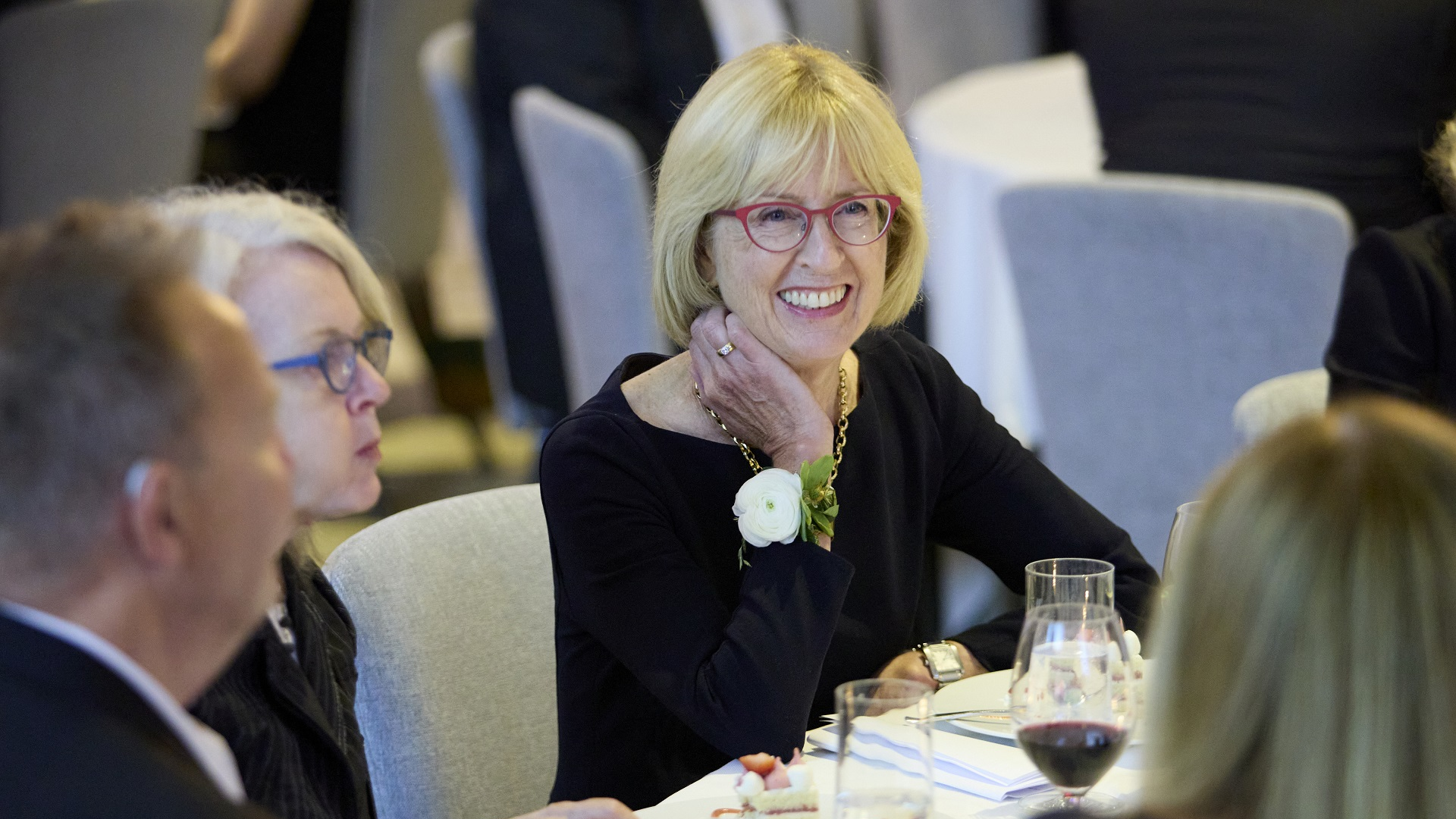ALUMNI STRATEGIC PLAN | ENGAGING COMMUNITIES
Sally Blackwell on Leading With Collaboration and the Value of Life-Long Learning
February 21, 2024 ·
Contributed by: Sandie Kantor and Leah Fleet
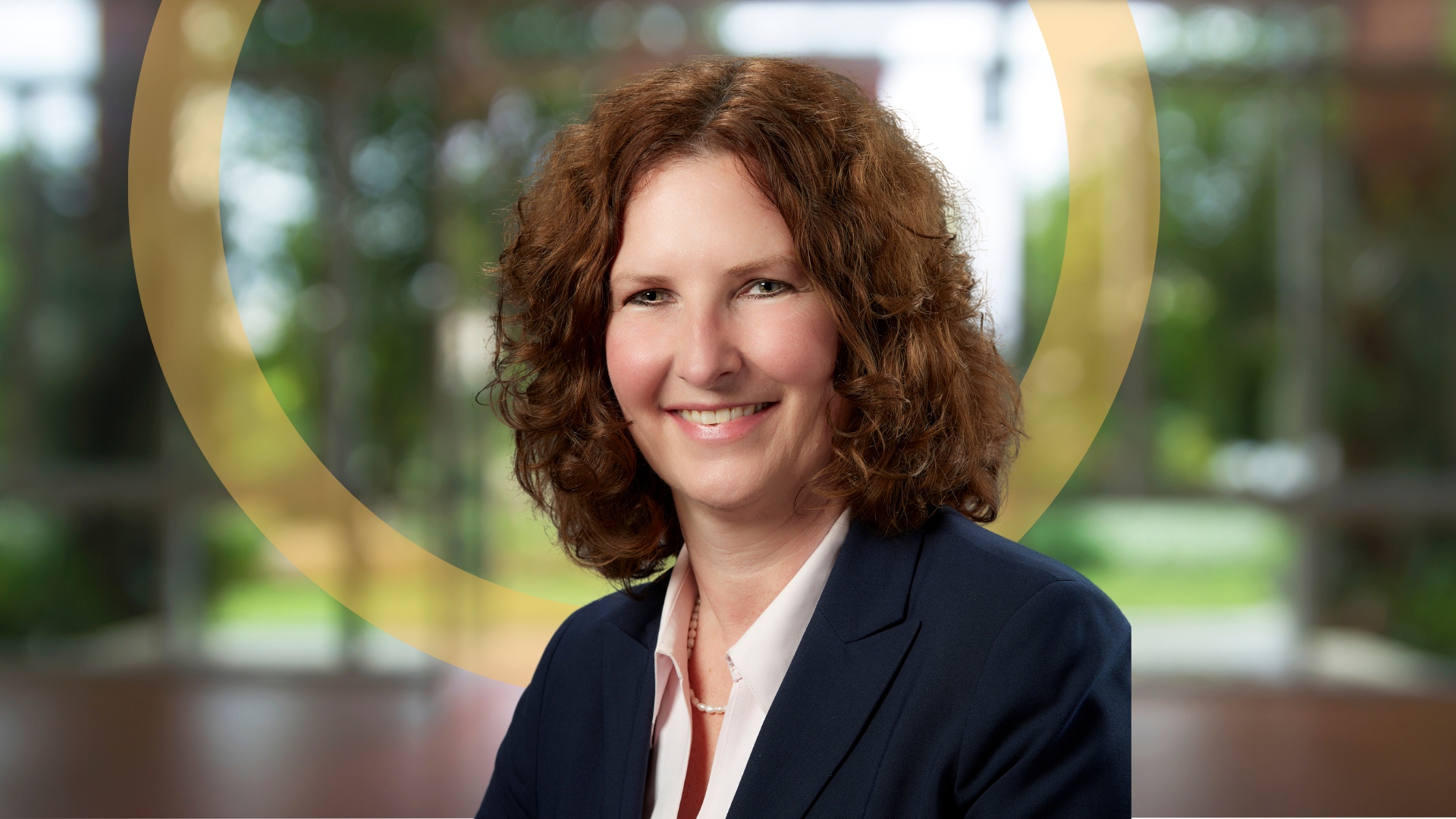
We sat down with Sally Blackwell (BCom ‘88, MBA ‘89, C.Dir. ‘23), Executive Vice President and CFO of Burlington Hydro Inc., to talk about leadership, the importance of collaboration and diversity in organizations, major shifts she has seen in the energy industry and how continued learning is crucial to innovation.
Looking back to the early stages of your career, what advice would you give to your younger self?
Challenge yourself in roles outside of your comfort zone. Although it can be daunting initially, it’s one of the best ways to expand your knowledge, gain diverse experience, understand different perspectives, appreciate the challenges faced by others and gain a holistic view of operations.
What are the top three skills or attributes you feel are important in a business leader?
- Accountability
- Resiliency
- Empathy
How do you define leadership?
I define leadership as enabling and empowering a team to accomplish what cannot be achieved on an individual basis, and ensuring all team members have the opportunity to make a valuable contribution.
What is an important lesson you have learned so far in your career?
Collaboration produces the most effective and successful outcomes. Providing clarity to others and seeking clarity are critical success factors. Engaging others early in projects and initiatives empowers team members to own the solution and maximize results.
What are the top three disruptors in your industry?
- Electrification: The energy industry will play a critical role in meeting Canada’s net zero goals (net-zero electricity system goal by 2035 and net-zero economy-wide goal by 2050) to achieve a more sustainable, renewable energy future.
- Evolving Power Grid: The growth of distributed energy resources and the shift to transactive energy systems will have a significant impact on the traditionally centralized power grid, and require investment, innovation and a change in the electricity distribution business model.
- Digitization: Electricity distributors will need to innovate and digitize their operations to be successful in the changing environment. This will require new skill sets, improved data analytics and an increased focus on customers as they move from passive to active energy consumers.
Over the course of your career, you have seen immense change in the industry. What has shocked you the most?
Within the last three years, in particular, the challenges posed by climate change have been significant. The frequency and severity of extreme weather events has increased materially, requiring electricity distributors to develop strategies and tools to ensure safety, reliability and resilience across the distribution sector, while maintaining cost effectiveness.
What advice do you have for other women seeking to pursue a leadership role in the energy sector?
Encourage diversity of thought throughout your organization. Advocate for yourself and for others – especially those coming up behind you. Seek mentorship from multiple people and industries.
You have been a DeGroote student many times over, most recently graduating from The Directors College and receiving your Chartered Director designation. How do you think continued education and learning throughout your career has helped you, and why do you think it’s important for people to continue developing their skills?
Continued education has been instrumental in my career, and DeGroote has been an influential part of that journey. It has allowed me to broaden my horizons and pursue unique and different opportunities outside of my original chosen field. Continuous skill development is critical to staying relevant and agile, and facilitates creative ways of thinking and determining innovative solutions.

